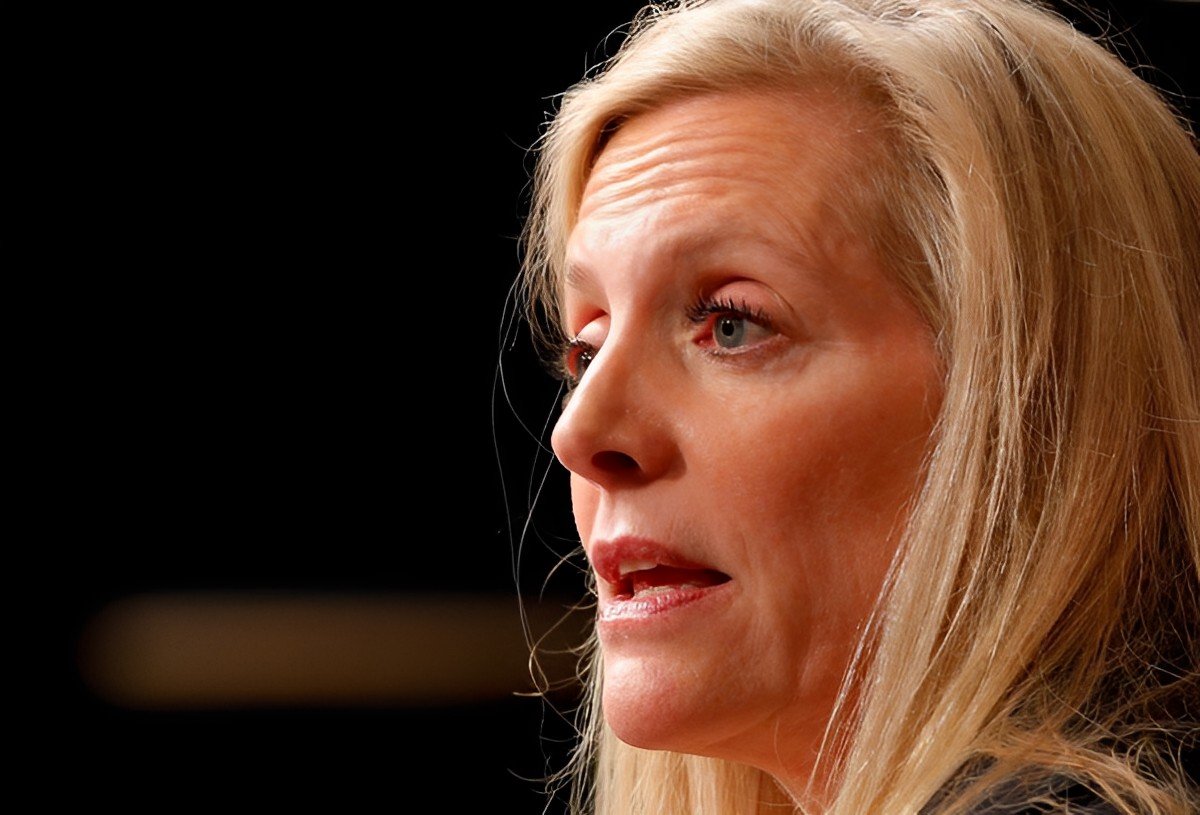Lael Brainard will leave the Federal Reserve next week to become one of President Joe Biden’s top economic advisors, leaving a political and intellectual hole at a time when inflation is decreasing but remains high, the labor market is too tight, and the economy may not have a “soft landing.”
The Federal Reserve announced Brainard’s resignation “on or around” February 20 after the White House’s selection of her as NEC chairman on Tuesday.
Analysts and Fed watchers have explored Biden’s Democratic Senate economists as possible Fed successors. The job requires an economics PhD, and it is unclear how quickly the U.S. president will move to make the Senate-confirmed appointment.
Candidates are listed alphabetically:
SETH CARPENTER
Carpenter, the managing director and chief global economist at Morgan Stanley, is one of the few Wall Street veterans being mentioned. After getting a PhD in economics from Princeton, he served at the Treasury Department under Obama. His banking sector links may turn leftist Democrats off.
Lisa Cook.
Since becoming the Fed’s first Black woman governor in May, Cook has spoken nothing on the Fed’s monetary policy. The Obama administration’s Council of Economic Advisers included senior economist Cook, a Berkeley PhD. (CEA). Before joining the Fed, she taught economics at MSU.
MARY DALY
In 2018, Daly became San Francisco Fed president after 22 years as its director of research. Labor market dynamics and economic inequality were her PhD dissertation topics at Syracuse University.
KAREN DYNAN
Dynan is presently a Harvard University economics professor. Dynan pioneered macroeconomic forecasting on the Federal Reserve board for 17 years. Respected for her macroeconomics, consumer psychology, and personal finance expertise.
JASON FURMAN
Furman, like Dynan, teaches Harvard economics. Obama’s CEA president from 2013–2017. Furman is noted for his perceptive macroeconomic and Federal Reserve policy tweets. He has criticized the Fed for being too slow to hike interest rates once it became evident that rising inflation was permanent. Liberal Democrats are already concerned that Brainard’s departure might lead the Fed to imperil the U.S. economy’s job market if inflation lingers.
AUSTAN GOOLSBEE
MIT doctorate Goolsbee became Chicago Fed president in January. Like Brainard, he has warned the Fed about the “two-sided perils” of raising interest rates too quickly, which might destroy jobs. Obama’s CEA chairman from 2010 to 2011.
PHILIP JEFFERSON
Jefferson, the fourth Black man on the Federal Reserve Board since May, has yet to remark on monetary policy. He was a Fed economist for a year in the mid-1990s and holds a PhD from UVA. He was vice president for academic affairs at Davidson College in North Carolina before joining the Federal Reserve board.
NELLIE LIANG
Liang, a University of Maryland Ph.D., is the Treasury Department’s assistant secretary for domestic finance after 30 years at the Fed. During the 2007–2009 recession, she oversaw the central bank’s Division of Financial Stability. Due to her strong regulatory measures, the banking industry opposed her nomination to the Federal Reserve Board by former President Trump. She withdrew her candidacy because the Senate declined to conduct a hearing.
JOHN WILLIAMS
John Williams, president of the New York Fed, has a permanent vote on monetary policy and is vice chair of the Federal Open Market Committee, which sets interest rates for the whole central bank. After getting his PhD from Stanford, he served for the Federal Reserve Board and the San Francisco Federal Reserve, where he was president, until becoming New York Fed president in 2018. Williams was a CEA senior economist under Clinton. His research on the “neutral rate of interest” is well-known.
































Comment Template